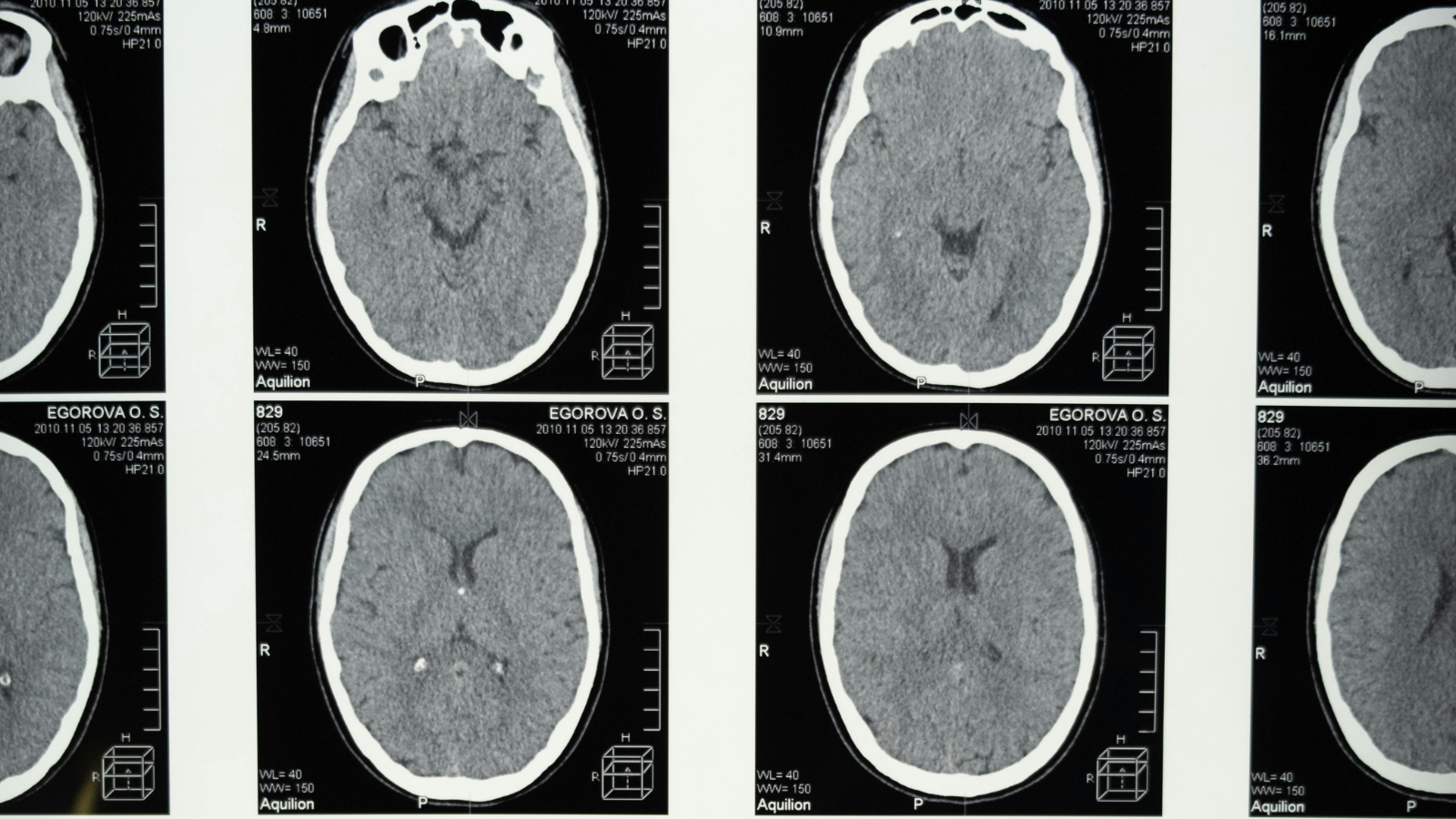Case Study: Custom Electrodes Using 99.99% Silver Wire and Platinum/Iridium Wire for Deep-Brain Stimulation Research
-(4).png?width=50)
Project Overview
Researchers at The Netherlands Institute for Neuroscience and Amsterdam UMC have developed a novel approach to study deep-brain stimulation (DBS) in awake rats using a clinical MRI scanner.
Their goal was to investigate the effects of DBS on brain activity without the confounding influence of anesthesia, advancing the understanding of DBS mechanisms relevant to neuropsychiatric disorders.
A key challenge in combining DBS with functional MRI (fMRI) is minimizing imaging artifacts caused by the implanted electrodes. Standard platinum/iridium electrodes often interfere with MRI signals due to their magnetic properties.
To address this, the research team turned to Advent Research Materials for alternative electrode materials.
Material Supplied by Advent Research Materials
- 99.99% Pure Silver Wire (125 μm bare diameter, 26 μm PTFE insulation)
- Platinum/Iridium Wire (90% platinum, 10% iridium, 75 μm bare diameter, 18 μm PTFE insulation)
Both materials were sourced from Advent's extensive range of high-purity metals, commonly used in advanced R&D applications.
How Advent's Materials Were Used
The team fabricated custom DBS electrodes by twisting pairs of insulated wires, with small sections of insulation removed at the tips to create stimulation contacts. The silver electrodes were evaluated alongside traditional platinum/iridium designs.
MRI testing demonstrated that the silver electrodes produced significantly smaller susceptibility artifacts than platinum/iridium, resulting in clearer imaging near the stimulation site. This enabled reliable acquisition of high-quality BOLD fMRI data in awake rats during active DBS.
Key Findings
Silver electrodes minimized MRI artifacts while maintaining effective electrical stimulation.
DBS delivered to the dorsal ventral striatum induced clear activation patterns in regions including the nucleus accumbens, caudate putamen, and prefrontal cortex.
The novel setup allowed for DBS-fMRI studies using a standard clinical 3T MRI scanner, reducing costs and increasing accessibility for translational research.
The study successfully demonstrated the feasibility of combining awake animal fMRI with deep-brain stimulation, a technically demanding but highly valuable experimental approach.
Why Material Purity Matters
In precision neuroscience research, material purity directly affects both experimental validity and data quality.
The magnetic properties of electrode materials influence imaging outcomes, making the selection of low-susceptibility, high-purity metals essential.
Advent's consistent supply of research-grade silver and platinum/iridium enabled the team to compare electrode designs and optimize their setup for artifact-free imaging.
Reference Derksen M. et al. (2021). Animal studies in clinical MRI scanners: A custom setup for combined fMRI and deep-brain stimulation in awake rats. Journal of Neuroscience Methods, 360, 109240. https://doi.org/10.1016/j.jneumeth.2021.109240
